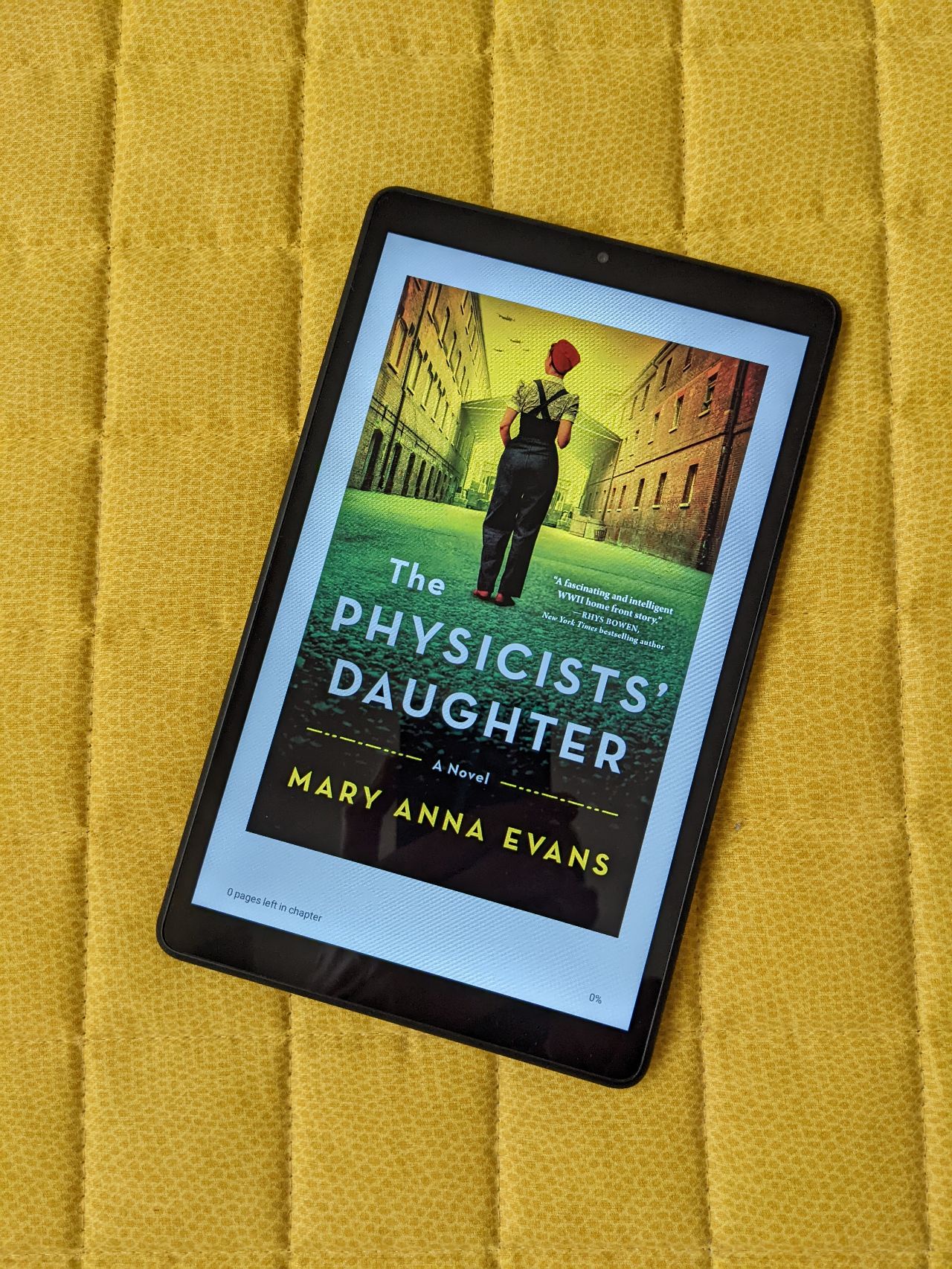Impractical Python Projects and Real-World Python
If you lived through the personal computer revolution of the 1980s, you may have read some books that got you hooked with programming. These works led the reader through the intellectual adventure of using computing to explore interesting problem domains.
Two recent Python books bring back this fascination and excitement with programming, Impractical Python Projects: Playful Programming Activities to Make You Smarter and the sequel Real-World Python: A Hacker's Guide to Solving Problems with Code, both by Lee Vaughan and published by No Starch Press.
They are not Python tutorials or guides. Instead, they present stimulating coding projects for non-programmers who want to use Python for doing experiments, test theories, or simulate natural phenomena. This includes professionals who are not software developers but use programming to solve problems in science and engineering. And, of course, hobbyists.
Exploring and understanding the problem domain is an integral part of the books' projects along with coding. This is unlike typical programming books where the examples are often trivial, have little or no domain depth, and are stripped of everything but the essentials.
The science and engineering Vaughan's books cover include some great projects that match my interest in astronomy and space. For example, Impractical Python Projects has chapters on estimating alien civilizations, simulating a volcano on Jupiter’s moon Io, simulating orbital maneuvers, and stacking planetary images. Real-World Python discusses re-discovering Pluto, plotting the Apollo 8 lunar trajectory, selecting martian landing sites, and detecting exoplanets.
The sample code is straightforward, clear, and hints at how much can be done with little code. Since the books are not language tutorials, they focus on prototyping and exploration rather than building large and maintainable systems.
Discuss... Email | Reply @amoroso@oldbytes.space
